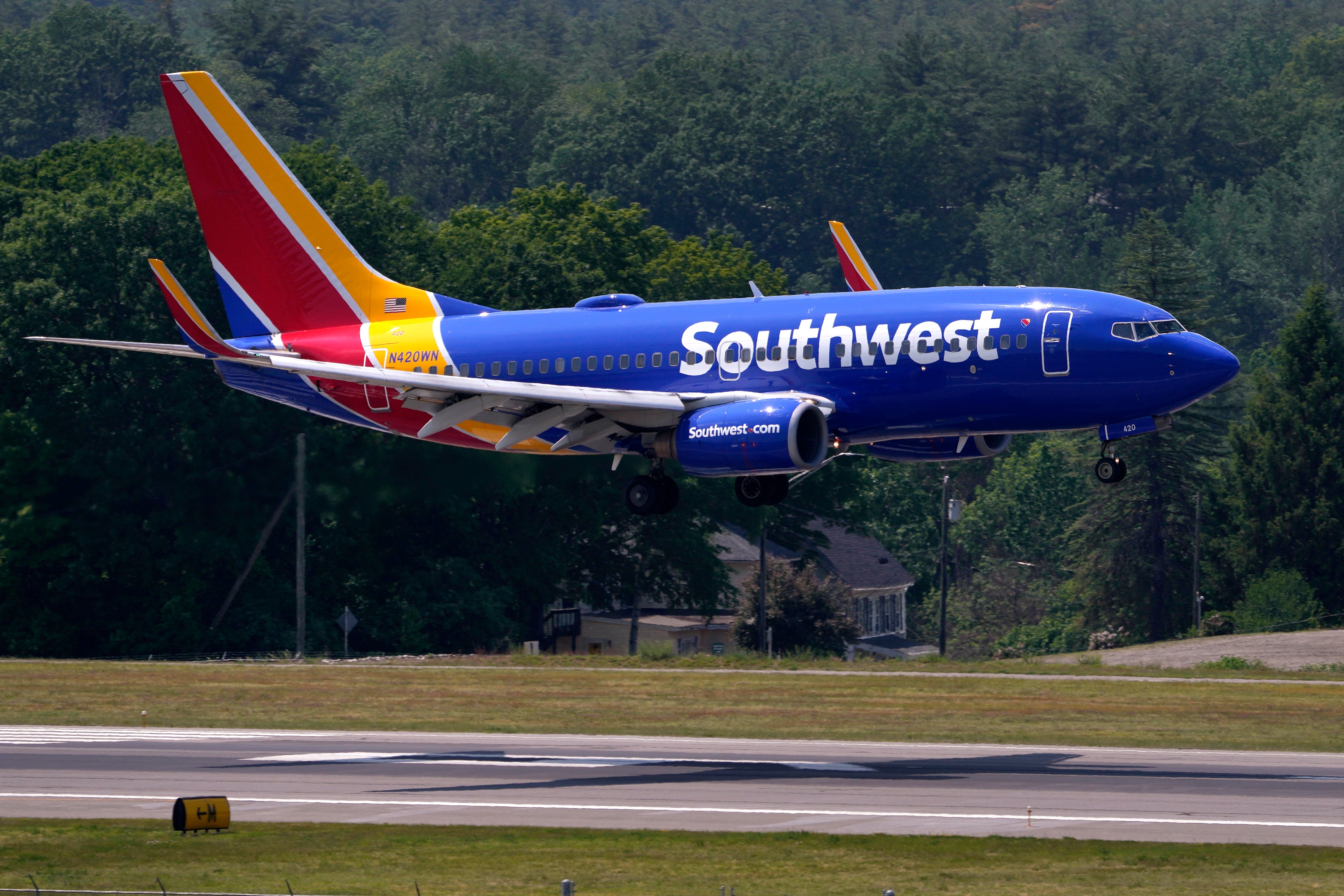Amid the scorching heat this summer, a soda can has exploded on a Southwest Airlines flight, injuring a flight attendant.
according to CBS NewsAirline officials said they were aware of a series of incidents in which opened soda cans exploded during flights, with 20 employees reportedly injured so far this summer.
Some employees suffered injuries to their hands, with at least one needing stitches.
“We are aware of this issue and are taking steps to keep drinks cold on board, especially at airports that experience extreme temperatures,” an airline spokesman said in an email. Independent. “This is a cross-functional effort between the airport team and the aircraft crew.”
The media outlet said similar issues occurred last year, but the new problems seem to be occurring more frequently and are attracting more attention. The airline is reportedly working to fix the problems in troublesome areas, including Austin, Dallas, Houston, Phoenix, Las Vegas and Sacramento.

“We have been communicating this issue with employees throughout the spring and summer,” a spokesperson told the outlet, adding that officials had developed a plan to address the issue.
The problem is likely due to the way airlines store and load drinks on board during extreme heat: Airlines don’t store perishable foods on board and, as a result, don’t use air-conditioned catering trucks to transport drinks and meals.
This makes the drinks more likely to be exposed to outside temperatures. The outlet obtained an email titled “Hot and Exploding Cans: Changes to Serving Procedures” that was sent to flight attendants on July 12. The email stated, “A viable solution to the issue of hot cans exploding is a top priority.”
The notice, sent by managing director of base operations Rachel Loudermilk to the airline’s more than 21,000 flight attendants, said “no one is satisfied that the reported incident is still occurring.”
Solutions the airline is considering include reducing the number of cans it puts on supply trucks to limit the time items are exposed to heat, storing drinks in coolers in the trucks, monitoring truck temperatures during shifts, and “not loading merchandise when outside temperatures reach levels known to increase the risk of cans exploding,” CBS News reported.
Additionally, airlines are instructing employees not to open cans that have become too hot or deformed from exposure to heat. Airlines are also taking steps to test the temperature of cans, and any that exceed 98 degrees are returned to storage.







